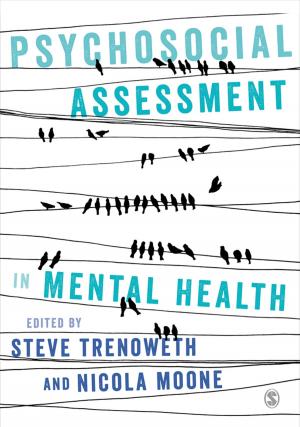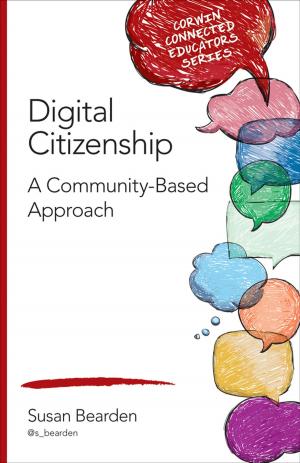Life as a Dalit
Views from the Bottom on Caste in India
Nonfiction, Social & Cultural Studies, Social Science, Sociology| Author: | ISBN: | 9788132118022 | |
| Publisher: | SAGE Publications | Publication: | May 30, 2013 |
| Imprint: | Sage Publications Pvt. Ltd | Language: | English |
| Author: | |
| ISBN: | 9788132118022 |
| Publisher: | SAGE Publications |
| Publication: | May 30, 2013 |
| Imprint: | Sage Publications Pvt. Ltd |
| Language: | English |
Life as a Dalit looks at caste society from the point of view of the Dalits, focusing on their worldview, emotions, and critical appraisal of their own position and of the higher groups. It is a volume based on the critical perspectives provided by scholars who have turned around the more acclaimed and accepted theories of caste society privileging the Brahmanical and textual interpretations of caste. It shows that those at the bottom have their own interpretations and follow a rationality that is tutored by their own life conditions and not what is fed to them from the top.
These views from the bottom are indicative of the way in which the oppressed live their lives, make critical judgments, and also stage protests, both symbolic and based on real violence against the oppressive system. The focus is more experiential and based on ground-level data-based chapters. It foregrounds the fact that history is created from the bottom of society as well as from the top and those at the bottom are their own agents and well aware of their subject positions.
Life as a Dalit looks at caste society from the point of view of the Dalits, focusing on their worldview, emotions, and critical appraisal of their own position and of the higher groups. It is a volume based on the critical perspectives provided by scholars who have turned around the more acclaimed and accepted theories of caste society privileging the Brahmanical and textual interpretations of caste. It shows that those at the bottom have their own interpretations and follow a rationality that is tutored by their own life conditions and not what is fed to them from the top.
These views from the bottom are indicative of the way in which the oppressed live their lives, make critical judgments, and also stage protests, both symbolic and based on real violence against the oppressive system. The focus is more experiential and based on ground-level data-based chapters. It foregrounds the fact that history is created from the bottom of society as well as from the top and those at the bottom are their own agents and well aware of their subject positions.















